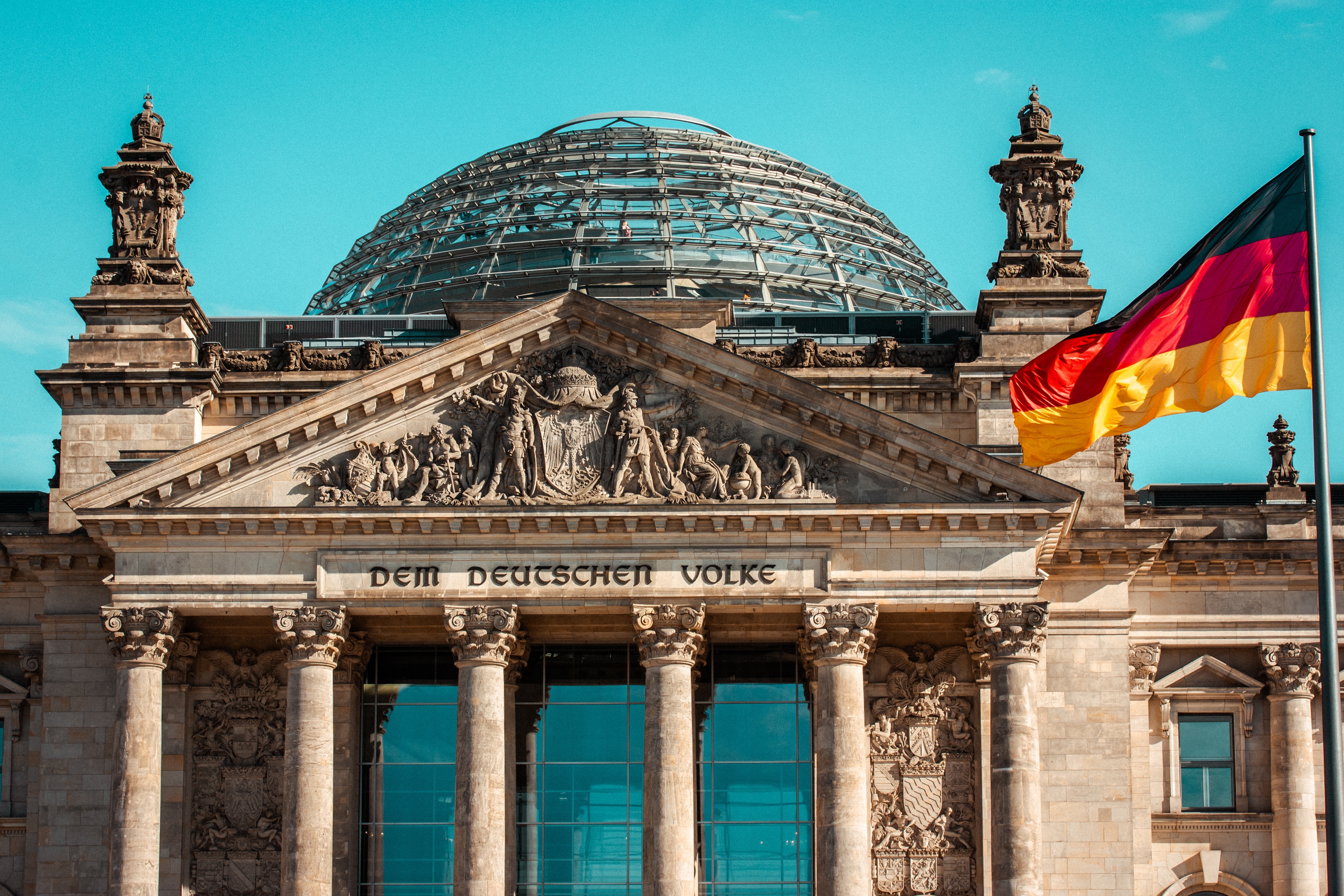The trade war has come to the fore with Trump's plan to impose 10% tariffs on Chinese imports. At the same time, however, it decided to postpone the 25% tariffs on imports from Canada and Mexico for one month, signaling a selective approach to trade policy and the possibility of diplomatic solutions.
Tariffs on Chinese goods may cause further disruption to global supply chains, increase costs for U.S. consumers, and put pressure on businesses that depend on Chinese components and raw materials. China's response to these measures took place in the same form. The Chinese government plans to impose a 15% tariff on coal and liquefied natural gas products, and has also announced an investigation into Google for suspected antitrust violations.
The Federal Reserve has found itself in a complicated situation due to trade tensions. The Fed was originally expected to begin a gradual easing of monetary policy by lowering interest rates in 2025. However, due to the uncertainty about tariffs and their potential economic impacts, the Fed is likely to pause this process and leave interest rates unchanged.
The move suggests that the U.S. central bank faces a dilemma. If tariffs cause an economic slowdown and erode consumer confidence, it may be forced to cut rates to boost growth. Conversely, if tariffs contribute to higher inflation, the Fed will have to maintain or even raise rates to control price rises.
Inflation remains one of the most important economic factors. In December, the consumer price index reached a level that is still above the Fed's 2% year-on-year target, which means that inflationary pressures persist. In response, the Fed left the benchmark interest rate unchanged in January, in order to prevent prices from rising further.
Federal Reserve officials are approaching the current situation with caution and emphasize the need for a thorough analysis of the economic impact of tariffs before making any major decisions.
Federal Reserve Bank of Boston CEO Susan Collins has expressed concern that uncertainty over tariffs is complicating economic forecasts and making monetary policy decisions more difficult. According to her, it is necessary to monitor further developments and evaluate the impact of tariffs on consumer prices and business investments.
A similar stance was taken by Raphael Bostic, president of the Atlanta Fed, who indicated that the Fed is likely to keep interest rates stable until the impact of tariffs on the economy becomes clearer. In the event that the tariffs trigger an increase in inflation or a deterioration in consumer confidence, the central bank can proceed to adjust monetary policy.
These statements suggest that the Fed will follow the data and not make hasty decisions. At the same time, however, it leaves open the possibility of adjusting the policy in case the situation changes significantly.




